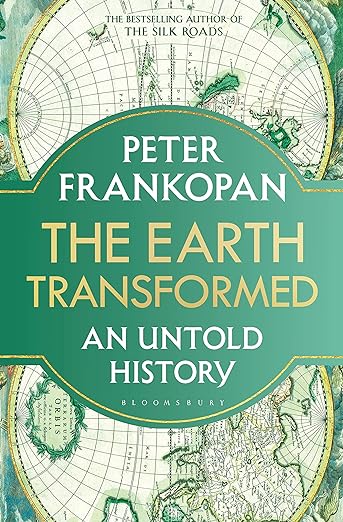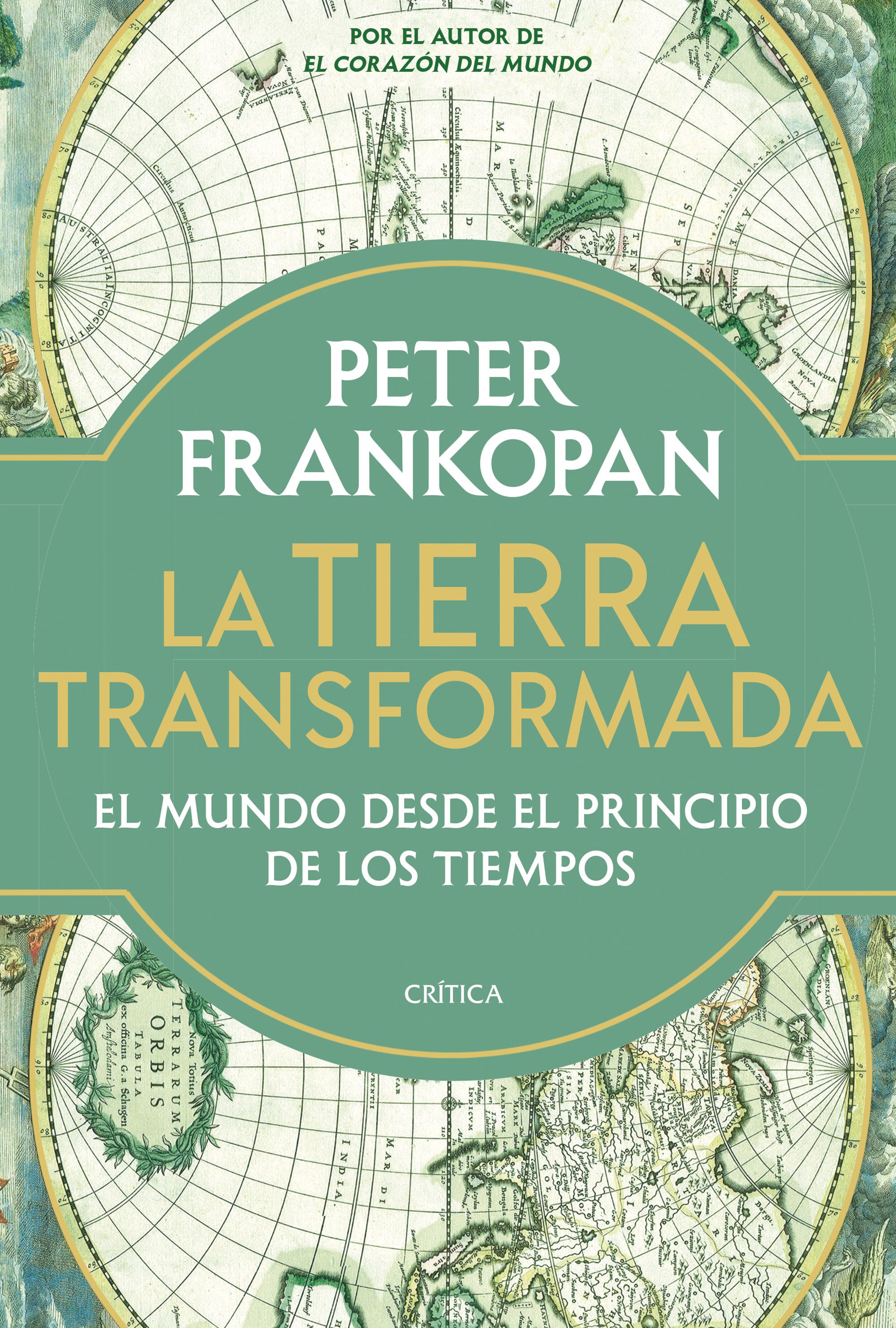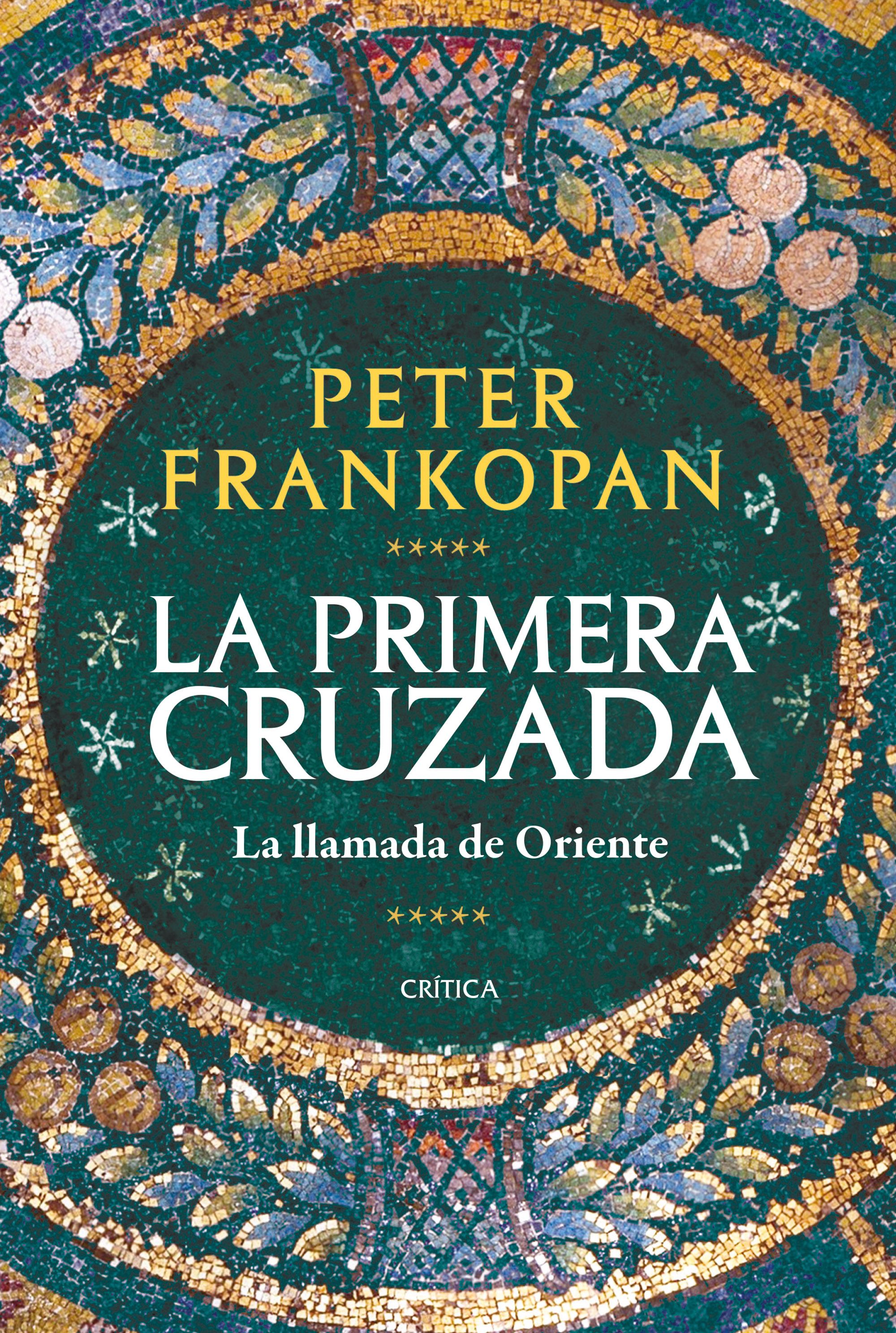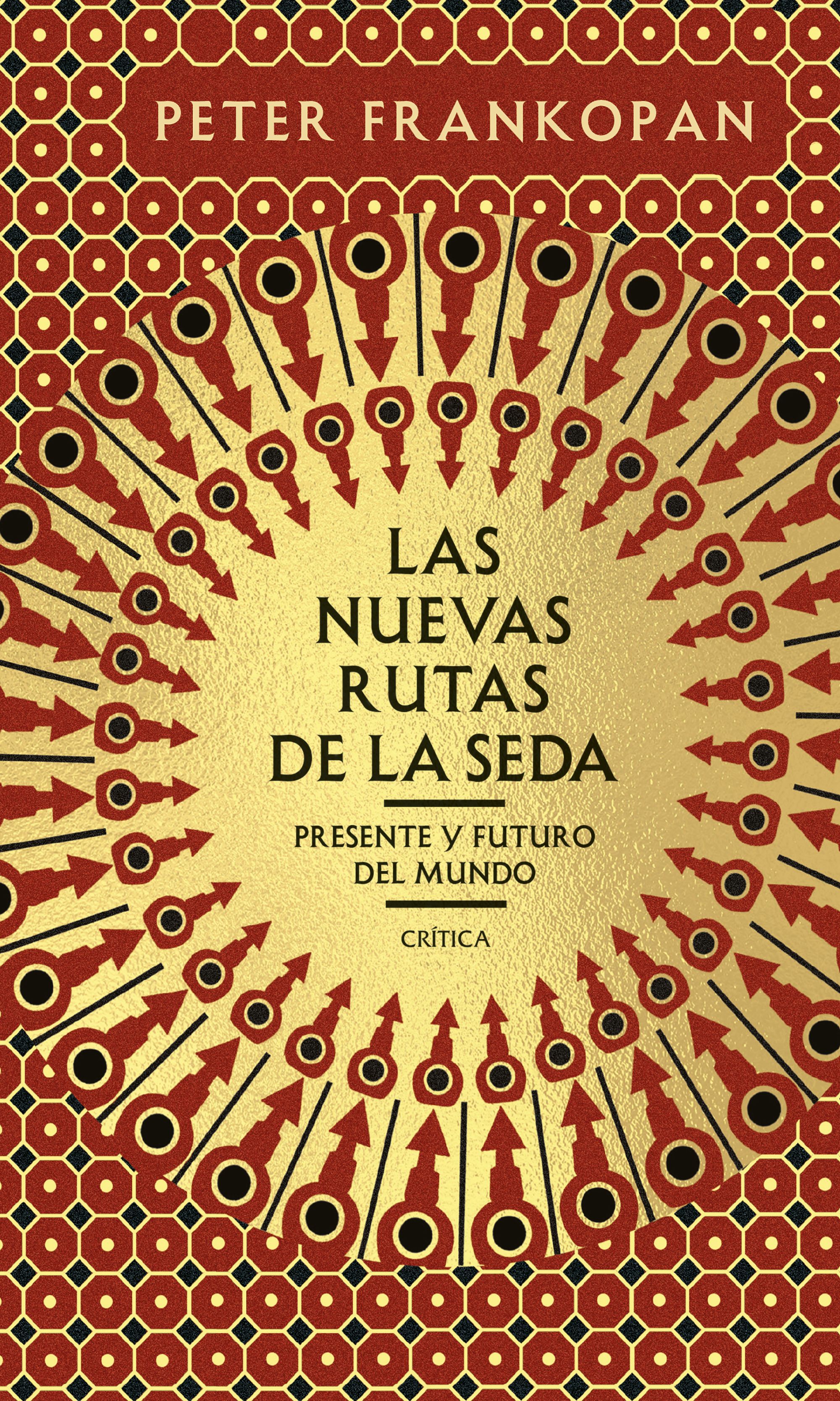The earth transformed
an untold history
- ISBN: 9781526622570
- Editorial: Bloomsbury Academic
- Fecha de la edición: 2023
- Lugar de la edición: London. Reino Unido
- Encuadernación: Rústica
- Medidas: 24 cm
- Nº Pág.: 736
- Idiomas: Inglés

When we think about history, we rarely pay much attention to the most destructive floods, the worst winters, the most devastating droughts or the ways that ecosystems have changed over time.In The Earth Transformed, Peter Frankopan, one of the world's leading historians, shows that the natural environment is a crucial, if not the defining, factor in global history - and not just of humankind. Volcanic eruptions, solar activities, atmospheric, oceanic and other shifts, as well as anthropogenic behaviour, are fundamental parts of the past and the present. In this magnificent and groundbreaking book, we learn about the origins of our species: about the development of religion and language and their relationships with the environment; about how the desire to centralise agricultural surplus formed the origins of the bureaucratic state; about how growing demands for harvests resulted in the increased shipment of enslaved peoples; about how efforts to understand and manipulate the weather have a long and deep history. All provide lessons of profound importance as we face a precarious future of rapid global warming.Taking us from the Big Bang to the present day and beyond, The Earth Transformed forces us to reckon with humankind's continuing efforts to make sense of the natural world.'This is epic, gripping, original history that leaps off the page. I wanted to buy everyone I know a copy' Sathnam Sanghera, author of Empireland'All Historians aiming to tell a narrative face the problem of when exactly to start it.
The world from the dawn of time (c.4.5 bn-c.7m BC)
On the origins of our species (c.7m-c.12,000 BC)
Human interactions with ecologies (c.12,000-c.3500 BC)
The first cities and trade networks (c.3500-c.2500 BC)
On the risks of living beyond one's means (c.2500-c.2200 BC)
The first age of connectivity (c.2200-c.800 BC)
Regarding nature and the divine (c.1700-c.300 BC)
The steppe frontier and formation of empires (c.1700-c.300 BC)
The roman warm period (c.300 BC-AD c.500)
The crisis of late antiquity (AD c.500-c.600)
The golden age of empire (c.600-c.900)
The medieval warm period (c.900-c.1250)
Disease and the formation of a new world (c.1250-c.1450)
On the expansion of ecological horizons (c.1400-c.1500)
The fusion of the old and the new worlds (c.1500-c.1700)
On the exploitation of nature and people (c.1650-c.1750)
The little ice age (c.1550-c.1800)
Concerning great and little divergences (c.1600-c.1800)
Industry, extraction and the natural world (c.1800-c.1870)
The age of turbulence (c.1870-c.1920)
Fashioning new utopias (c.1920-c.1950)
Reshaping the global environment (the mid-twentieth century)
The sharpening of anxieties (c.1960-c.1990)
On the edge of ecological limits (c.1990-today)









